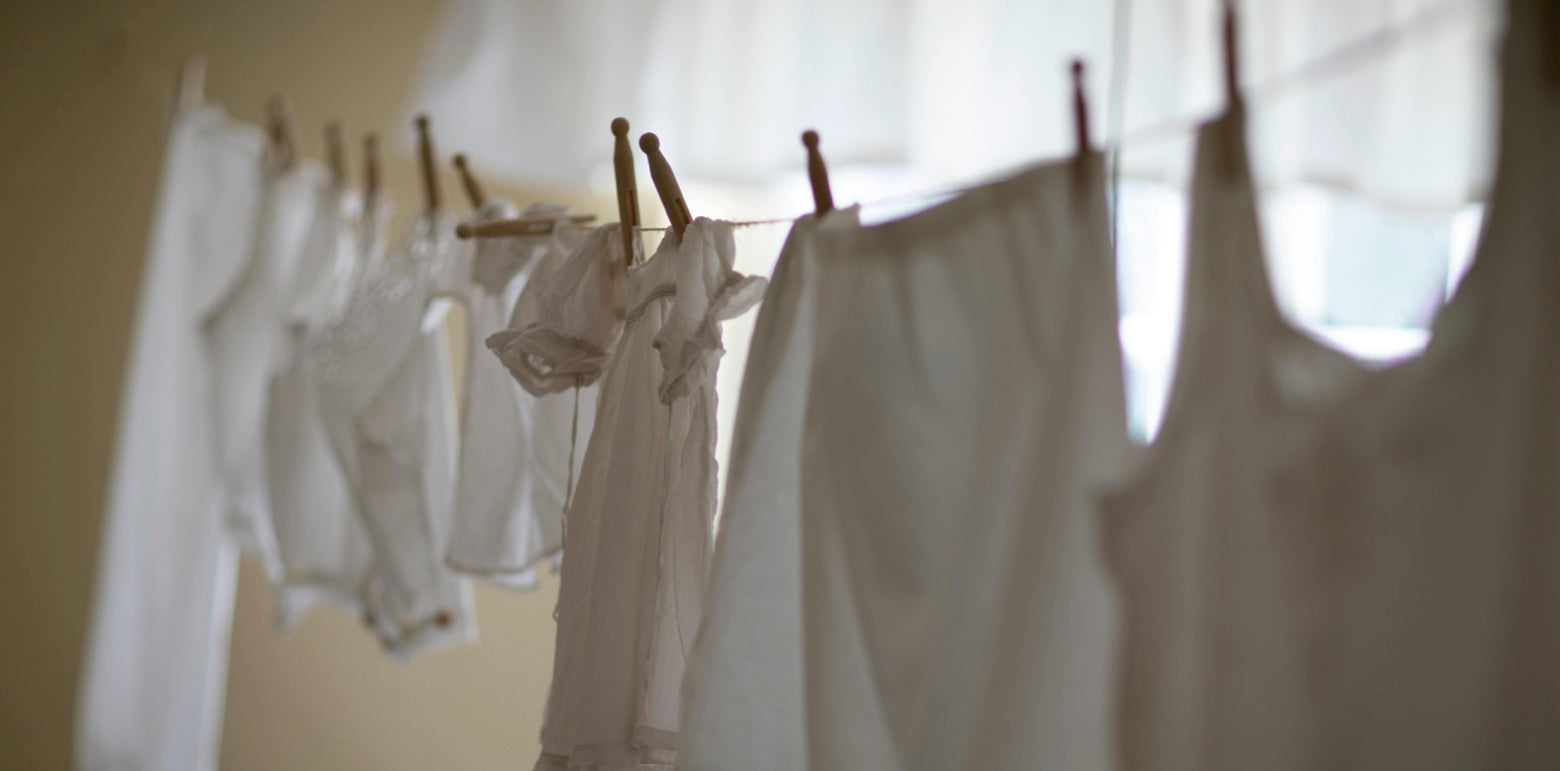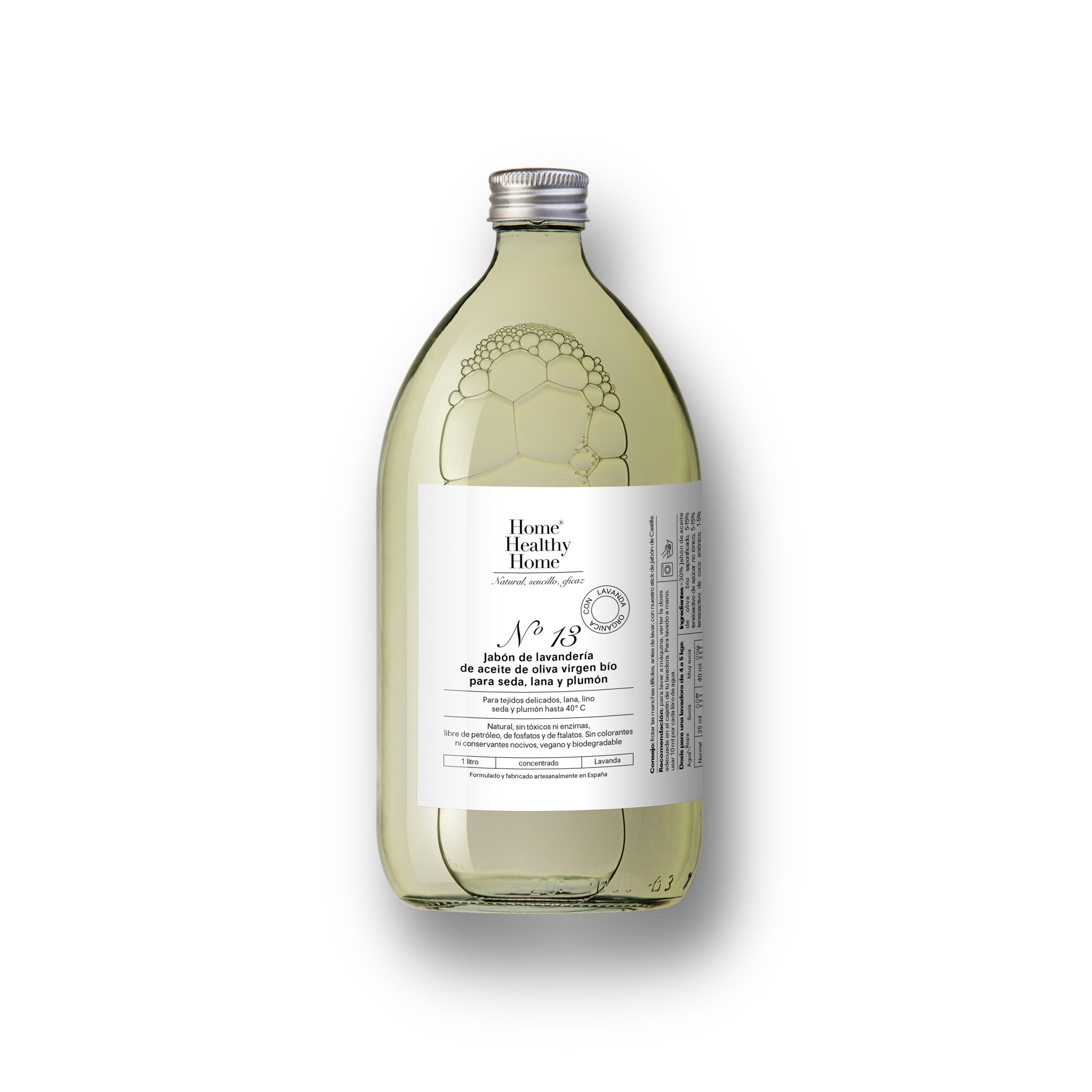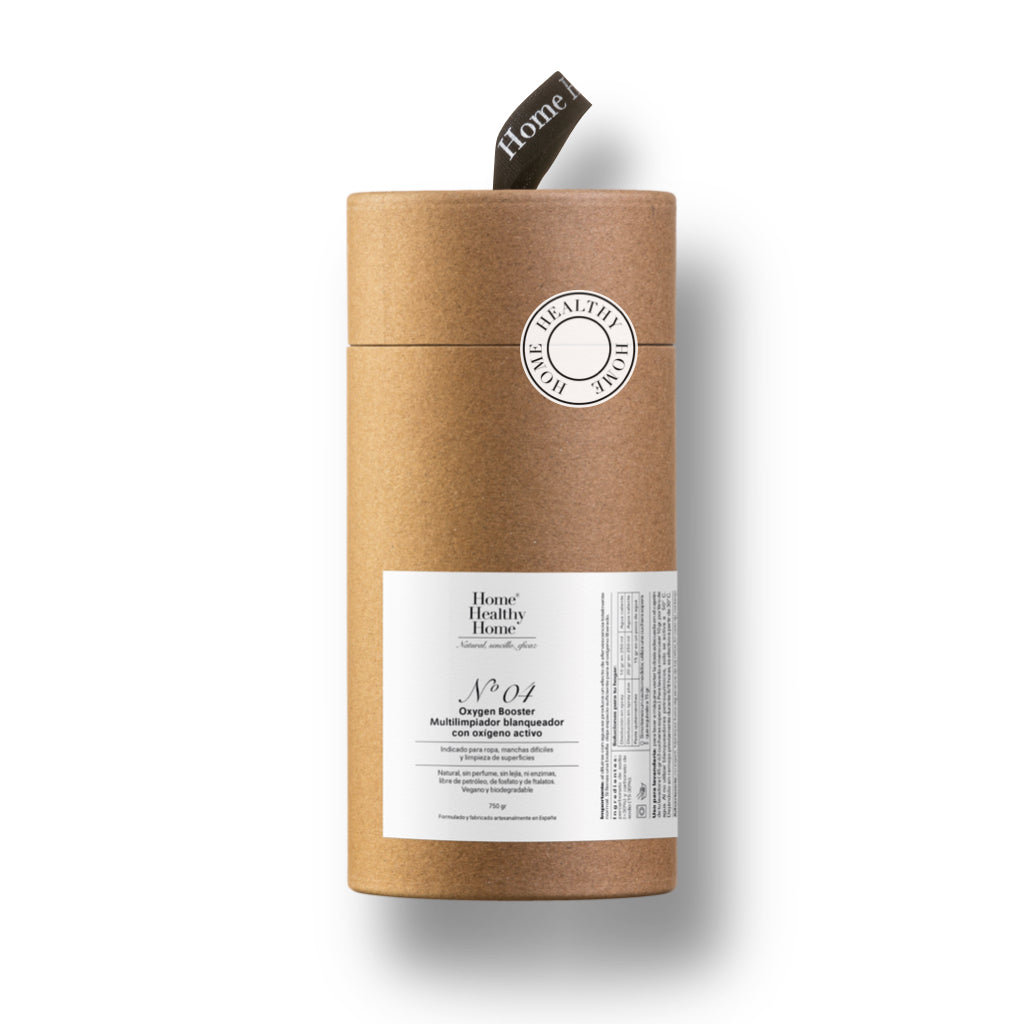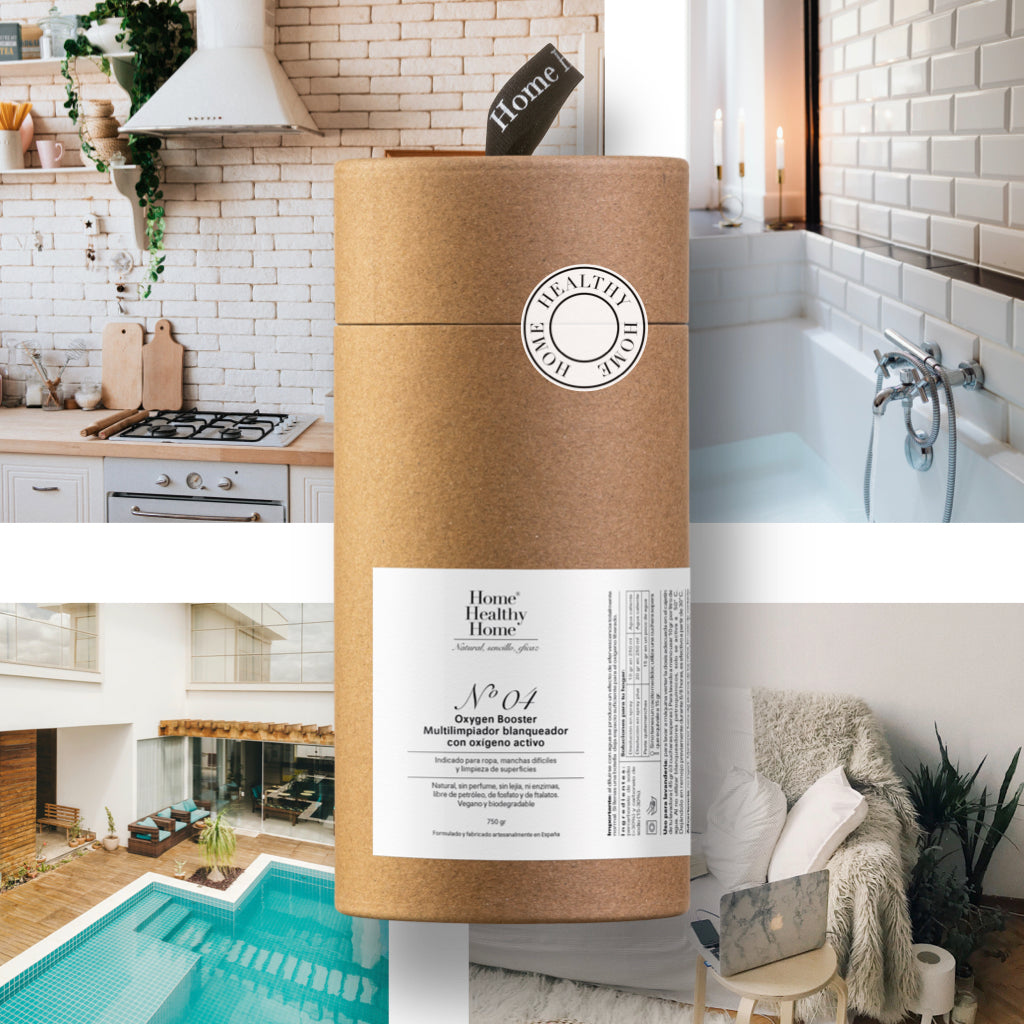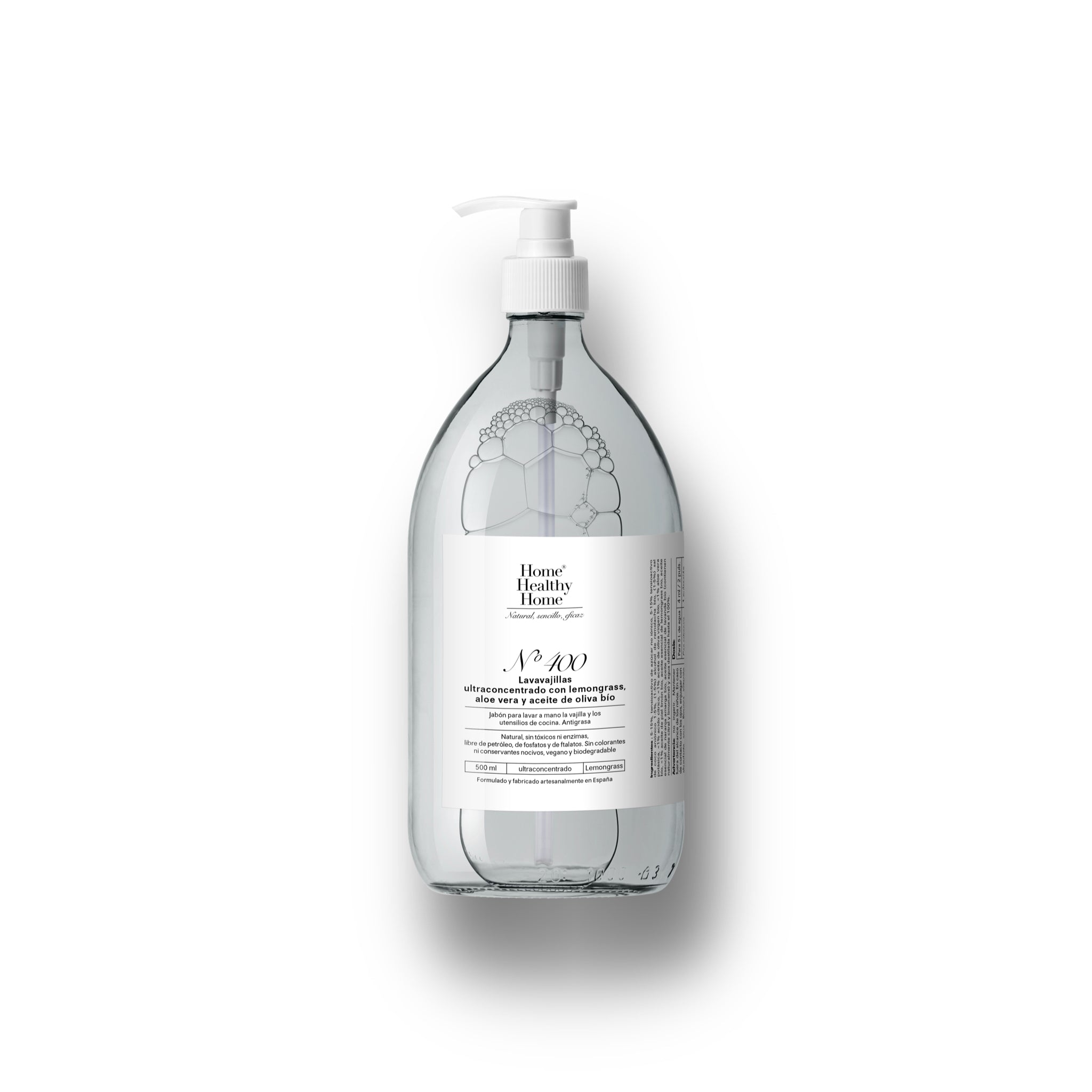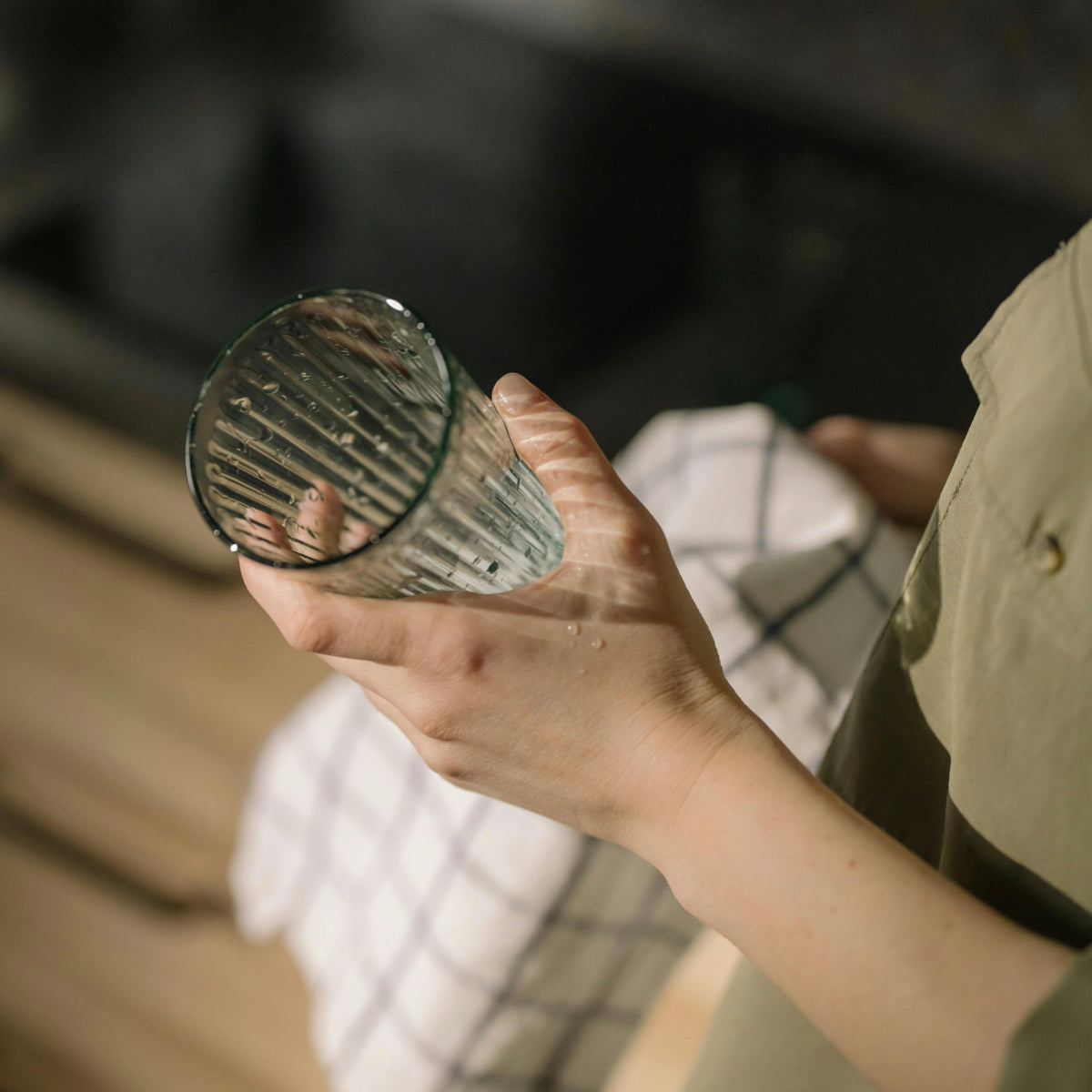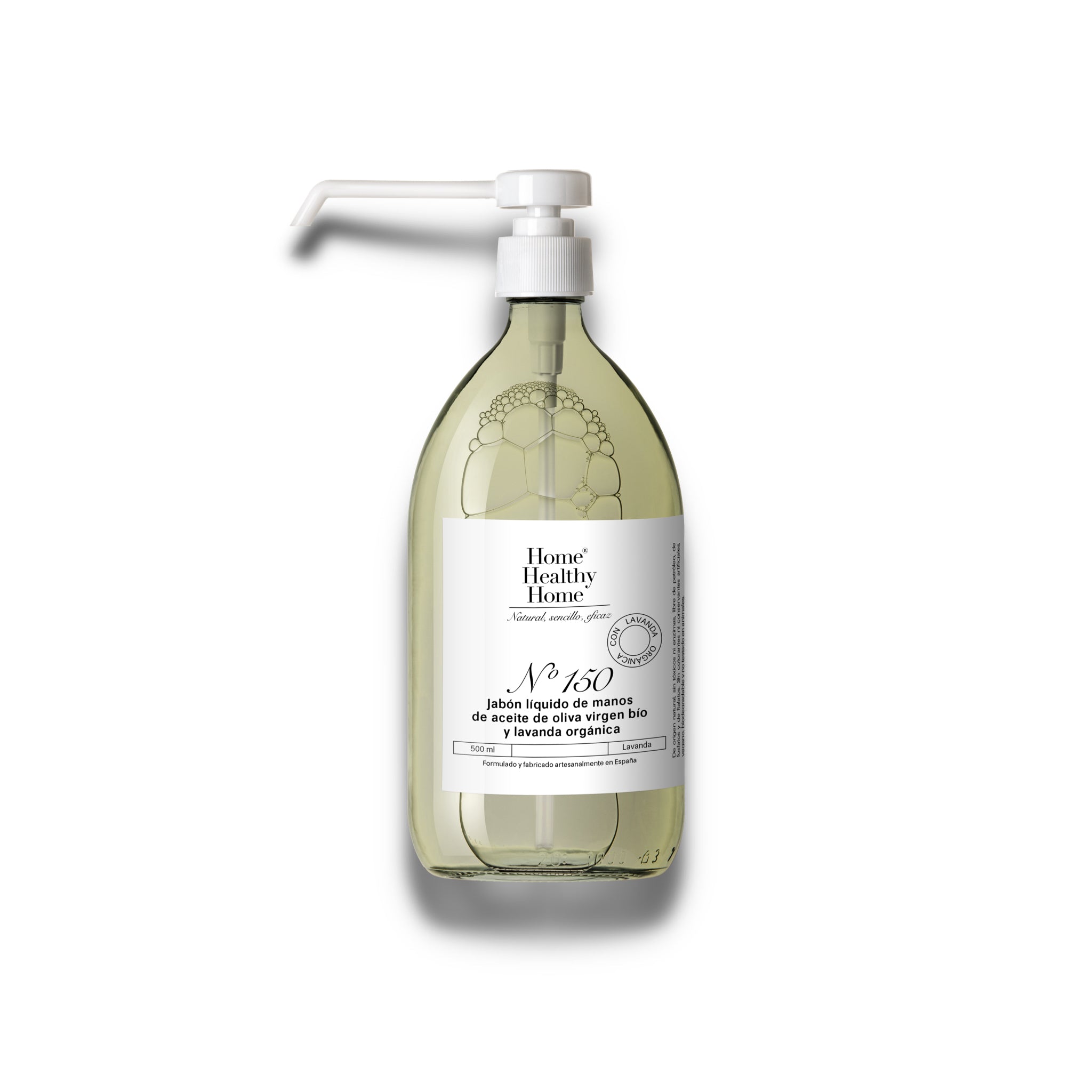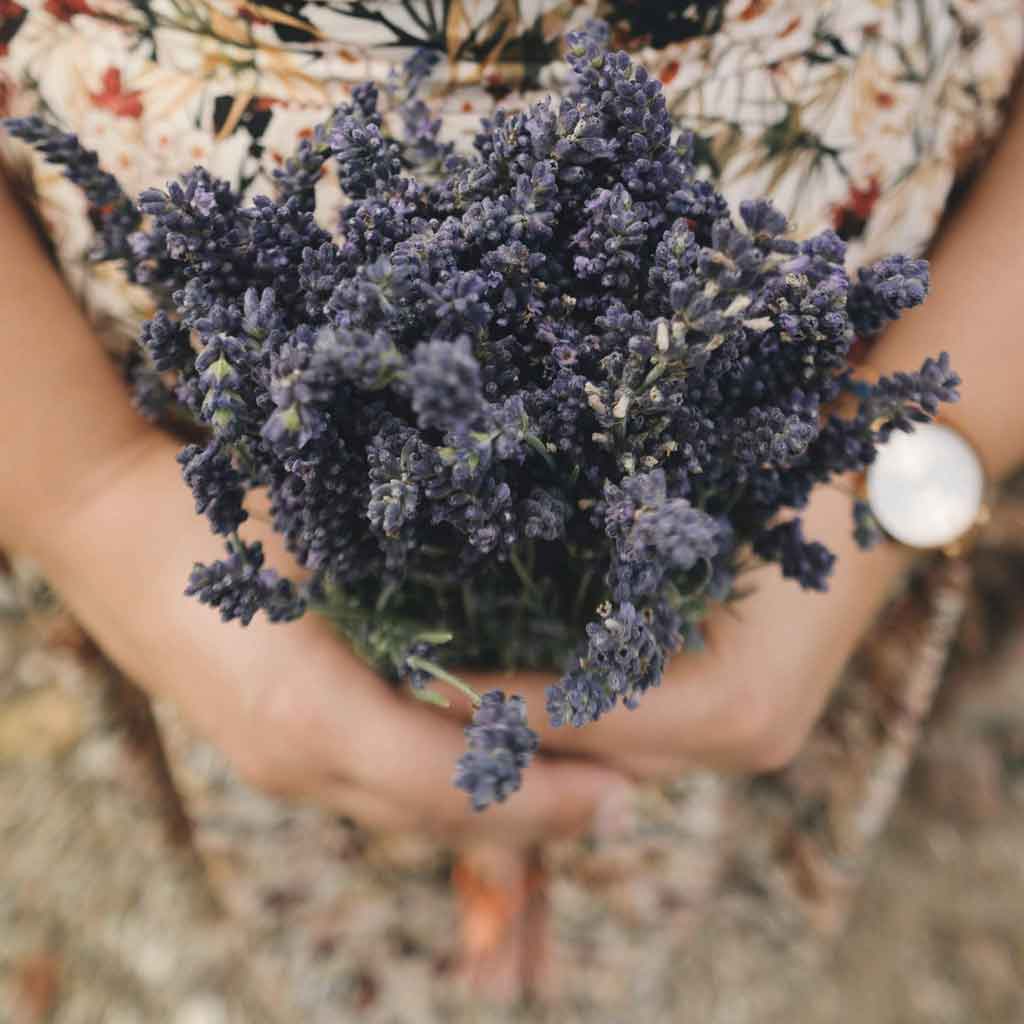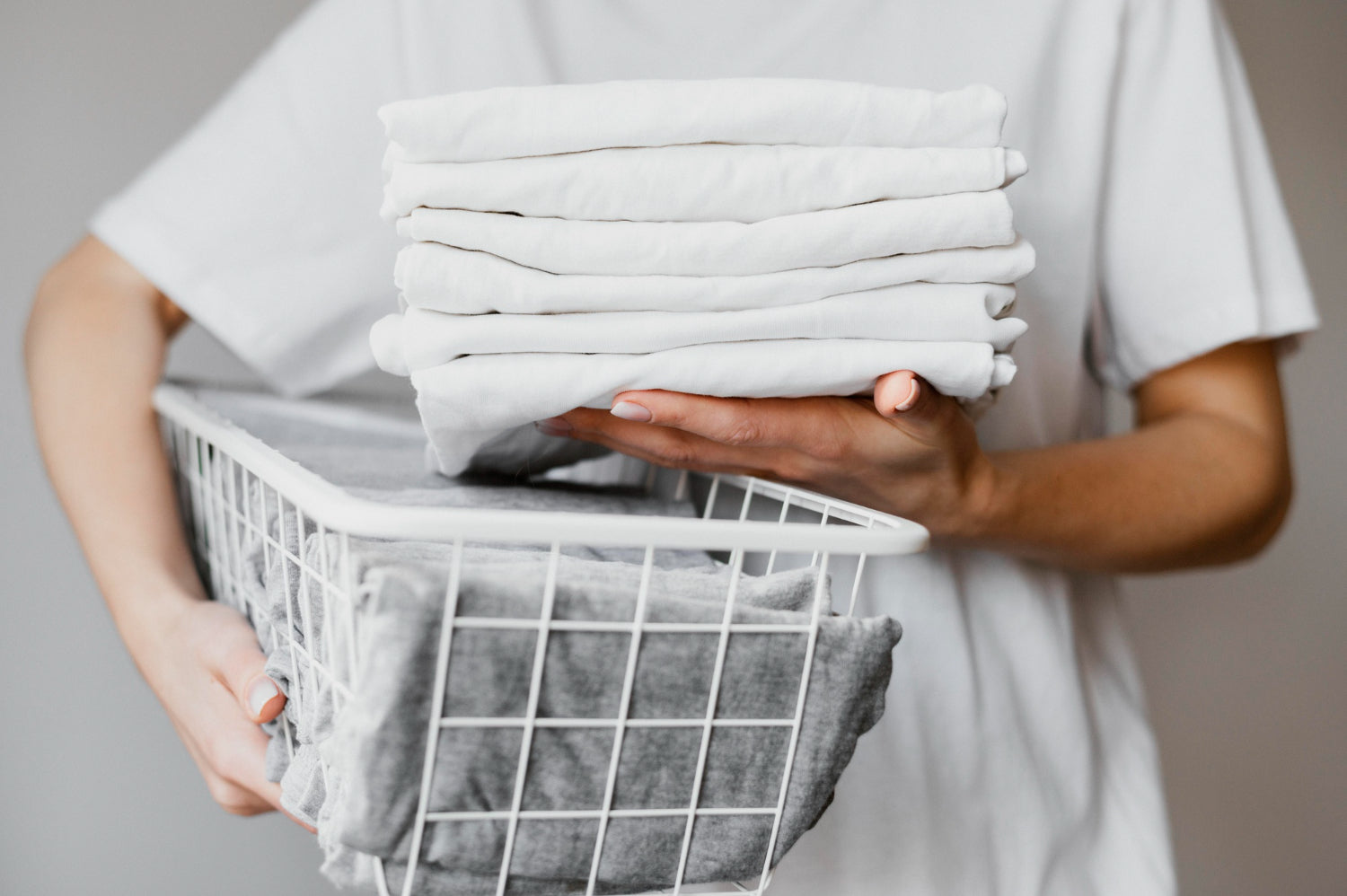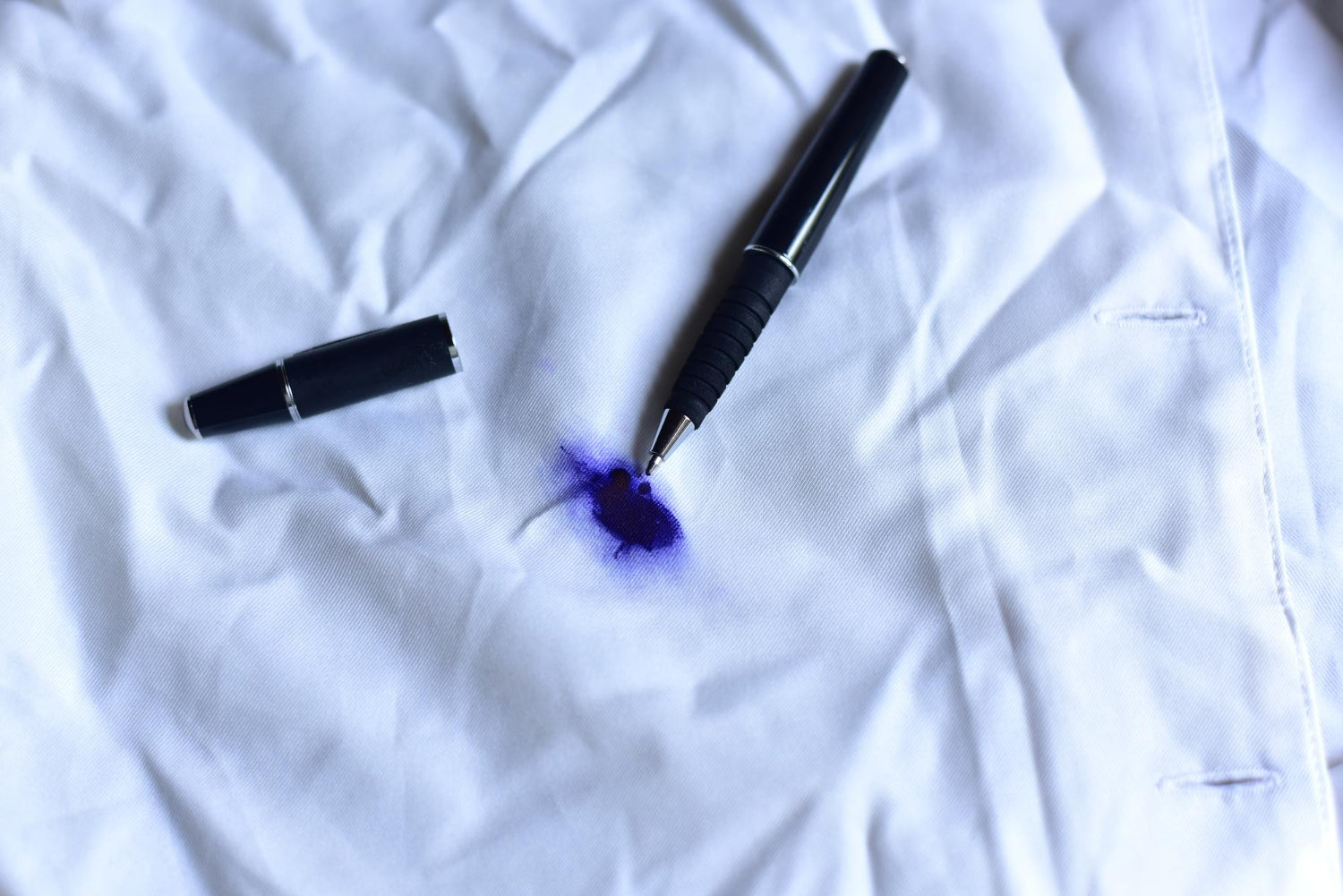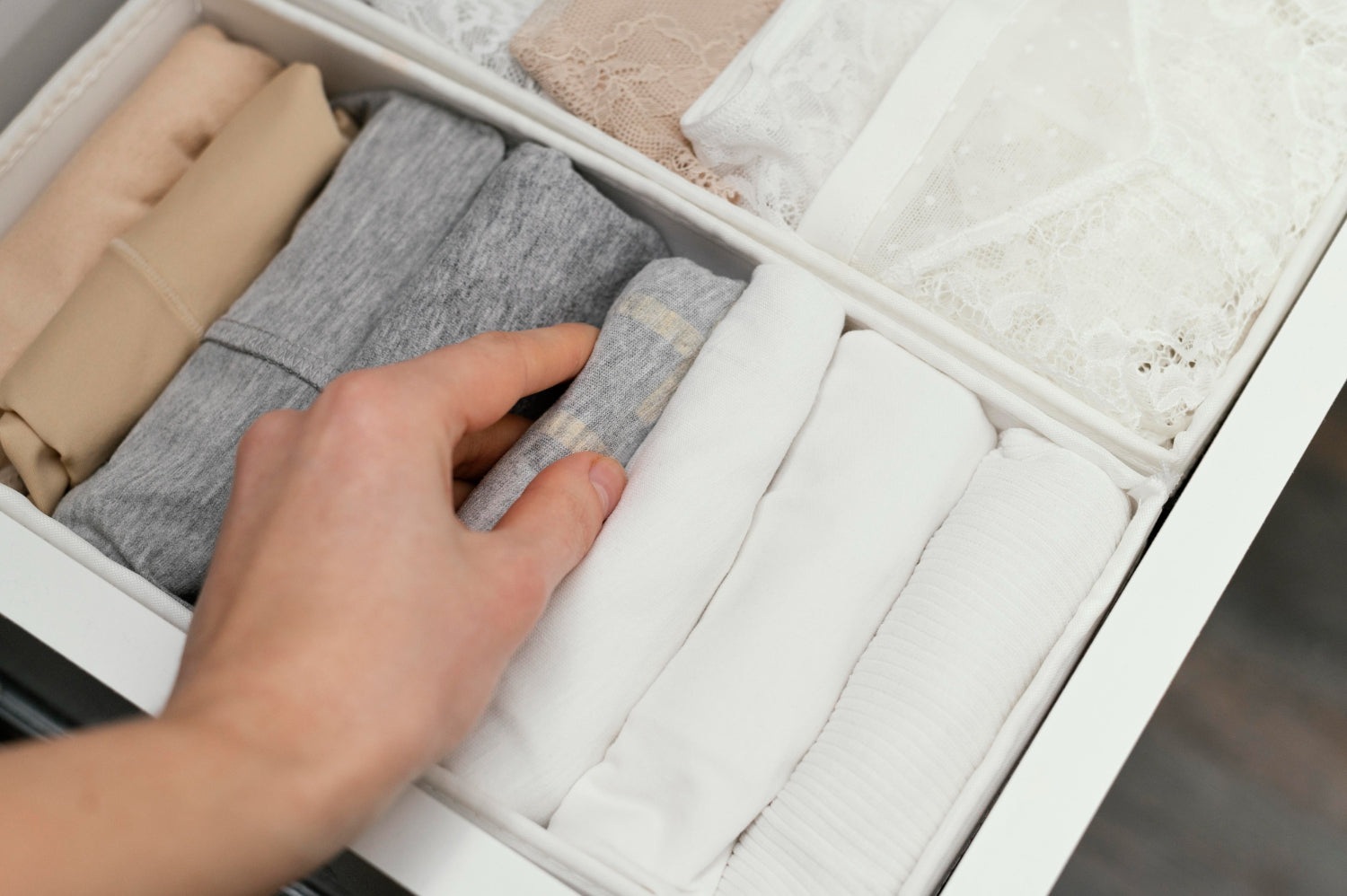The impact of fabric softener on clothes and your well-being
When it comes to washing our clothes, fabric softener is often considered an essential product. It promises to leave clothes soft, fragrant, and pleasant to the touch. However, recent studies and increasingly clear evidence about the harmful effects of these products are generating new awareness. We'll explore in depth how fabric softeners affect the fibers of our clothes, why they can be harmful to our health, and finally, we'll introduce you to a healthier and more environmentally friendly alternative.
What damage does fabric softener cause to your clothes?
Fabric softeners, also known as fabric conditioners, contain chemicals designed to make clothes appear softer. These products coat fabric fibers with a layer of chemicals that reduce friction, helping garments appear less wrinkled and making ironing easier. However, the problem arises when this layer begins to accumulate over time, especially on natural fibers like cotton and wool, affecting their durability and texture.
The use of fabric softeners also has negative effects on technical or athletic fabrics. Many of these materials are designed to be breathable or wick away moisture, and the chemical coating on fabric softeners diminishes their effectiveness, clogging the fabric and preventing sweat from evaporating properly.
Health risks of using traditional fabric softener
The chemicals found in fabric softeners can be harmful to your health. Common compounds include:
-
Quaternary ammonium compounds: These chemicals, also known as "quats," are used to reduce friction in fibers, but they can cause skin and respiratory irritation. Additionally, some of these compounds have been shown to act as endocrine disruptors, affecting the body's hormonal balance.
-
Artificial fragrances: Fabric softeners often contain synthetic fragrances that can trigger allergies, irritations, and asthma. Many of these products don't specify the exact ingredients on their labels, as they are protected by industrial property laws, leaving consumers in the dark about what they're actually inhaling or applying to their skin.
-
Phthalates: Used to make fragrances last longer, phthalates are linked to health problems such as hormonal disruption and fertility issues. They are absorbed through the skin and can accumulate in the body.
-
Allergens and sensitizers: Many fabric softeners contain preservatives and colorants that can trigger dermatitis and allergies, especially in people with sensitive skin, such as infants and people with pre-existing skin conditions.
Sustainability and the environmental impact of fabric softener
In addition to health problems, fabric softeners have a significant impact on the environment. When rinsed in the washing machine, these chemicals end up in drains and are difficult to remove at treatment plants. This means they can reach rivers, lakes, and oceans, negatively affecting aquatic fauna and flora. Fabric softeners, containing non-biodegradable compounds, also contribute to soil and groundwater pollution.
Alternatives to traditional fabric softener
Given the negative impact fabric softener has on health, the environment, and clothing, more and more people are opting for natural alternatives. Here are a few:
-
White vinegar: This is a natural fabric softener that leaves no residue and helps remove detergent residue. It's safe for most fabrics and helps keep clothes fresh without chemicals.
-
Wool dryer balls: These balls help reduce drying time and provide natural softness to clothes without the need for chemicals. Available at Home Healthy Home, handcrafted from pure Spanish merino wool.
-
Essential oils: If you add a few drops of essential oil, such as lavender or eucalyptus, to vinegar, you can naturally scent your clothes without any harmful side effects.
-
Handmade soaps : Another excellent substitute is natural soaps, such as Home Healthy Home's laundry soaps, which are formulated to thoroughly clean clothes without the need for fabric softener.
Why choose Home Healthy Home laundry soaps?
Home Healthy Home laundry soaps are a natural and healthy alternative to fabric softeners. These products are formulated with ingredients such as organic olive oil and organic lavender, providing effective cleaning and a fresh scent without any health or environmental risks.
In addition, the natural lavender in our soaps acts as a relaxant, providing a soft and calming fragrance, ideal for everyday use. The gentle formula of these soaps is perfect for all types of fabrics, keeping fibers in excellent condition and avoiding chemical residue. This not only improves the durability of your clothes but also protects your skin.
For more information on fabric softeners and natural alternatives, you can check out recent studies from the Association for the Defense of Nature ( ADENA ), which detail the impact of the chemicals in these products.
Opting for natural laundry alternatives, such as Home Healthy Home laundry soaps, offers significant benefits for both your health and the environment. By ditching conventional fabric softeners, you're not only protecting the durability of your clothes and the well-being of your skin, but you're also contributing to a cleaner, safer planet.

